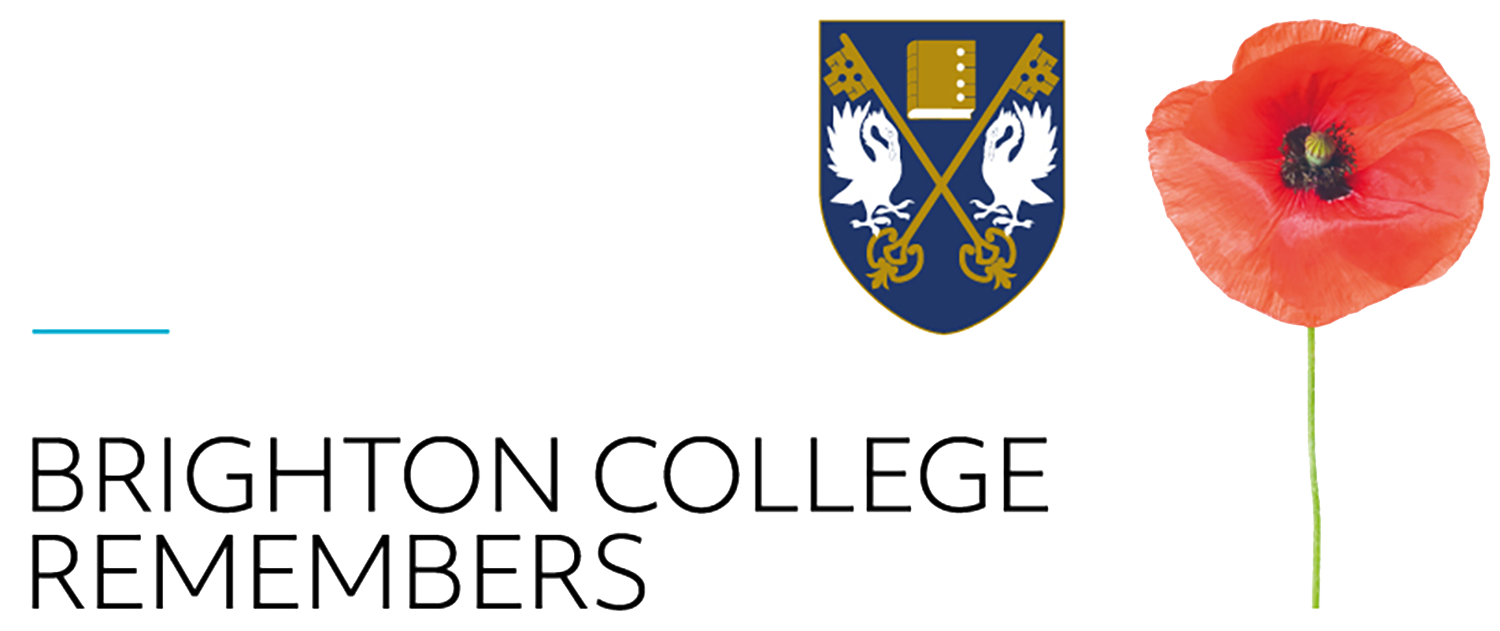Captain, Arab Rifles
Born: June 6th 1893
Died: January 3rd 1917
Age at Death: 23
Killed in action, Kofi, East Africa, January 3rd 1917
Grave reference: Commonwealth War Cemetery, Upagna Road, Dar Es Salaam, Tanzania.
Brighton College Register: Son of William Francis Surgey of South Mallings, Lewes.
War Records address: "Beecholme," Cade St., Heathfield, Sussex
Mother: Julia Frederika Surgey
A donation to the memorial statue has been made in honour of this soldier.
"We remember and honour the sacrifice made by Harold Surgey and all those left Brighton College in the prime of their lives. We honour also the bravery with which Harold's family and friends continued their lives without him." The Eilers Family
Obituary Brightonian XV April, 1917
Surgey entered Hampden House in 1907, and remained at the College until 1909. The following extract is quoted from a senior officer to Mr. Sergey : "A company of the Arab Rifles to which your boy belonged was on its way to join up with a column at Inkamba. When some way from its objective, at a place called Kofi, the company was attacked in thick bush by a vastly superior force of the enemy, and it was in the course of the action that ensued that your son was killed, together with the Commander of the Company, and some ten men. Your boy met his death as a true soldier in the noblest manner possible, the courage and devotion to duty shown by him in the fight being a source of pride to us all. To the regiment his loss is a great one, for he was beloved by all ranks."
Captain Harold [Norris] Surgey
Harold Surgey was born in Crawley Down in 1893 and was the son of William Francis and Julia Frederika Surgey, who evidently lived in Sussex and must have moved to Brighton while he was at the school between 1907 and 1909. While at school he was clearly quite an academic boy who won a Mathematics Prize and, ironically given his eventual fate, wrote a poem aged 13 about a battle involving Arabs which clearly shows the influence of Newbolt’s famous Vita Lampada.
At some point after leaving school he received a commission in the Warwickshire Regiment and was alter promoted to Captain. However the majority of his war service took place as an attached officer with the ‘Arab Rifles’, who were nominally part of the famous King’s African Rifles but were in fact recruited from Yemeni Arabs and formed part of the Indian Army’s establishment. Surgey was killed in action on January 3rd 1917 while fighting in the East African Campaign against Von Lettow-Vorbeck’s “Askaris”. Lettow-Vorbeck was the German commander in German East Africa (now Tanazania) who is now regarded as one of the pioneers of guerrilla warfare because of his successful four-year campaign against the British, Belgians and Portuguese in East Africa and the Congo.
Surgey is buried alongside his comrades in the Commonwealth War Cemetery at Upanga Road, Dar Es Salaam, Tanzania.
Source: LEST WE FORGET PROJECT, Brighton College 2014/15

